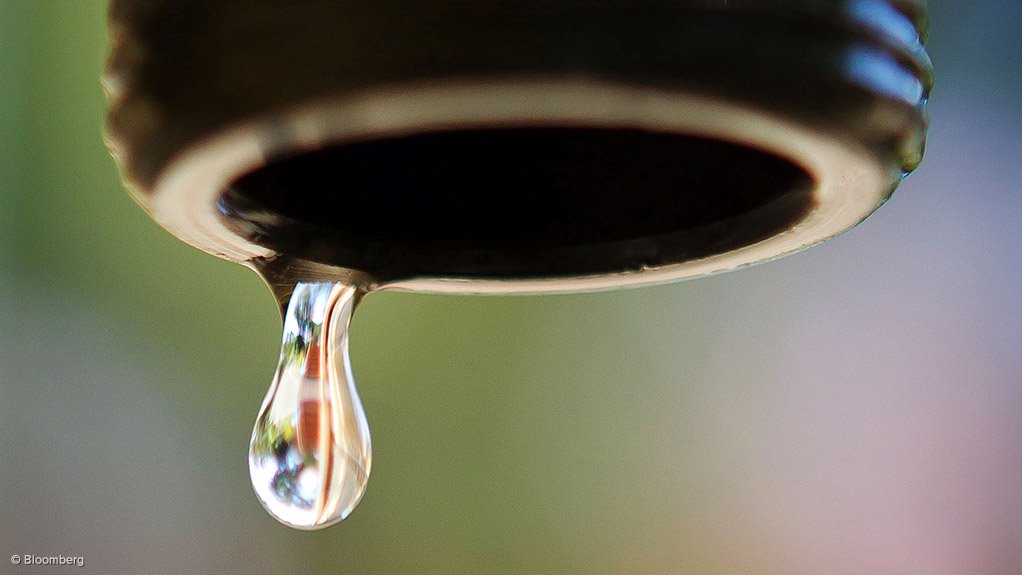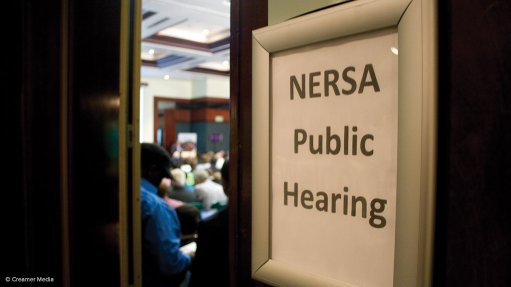Cape Town mayor warns of ‘catastrophic crisis’ if water runs out
Cape Town Mayor Patricia de Lille on Wednesday described the scenario of the city running out of useable water as a “crisis of catastrophic proportions” and warned that water scarcity was now the “New Normal”.
In a speech to a full Council on Wednesday, De Lille said that over many decades, engineers and planners had built the water supply infrastructure in the city and in the surrounding areas which had served the city well and had previously navigated Cape Town through drought periods.
“The drought we are currently experiencing is the most stubborn in recent history,” she said. “It is a significant shock to the fabric our city and accentuates many other underlying stresses such as urbanisation.
“Water is not to be taken for granted,” she added. “To run out of useable water is to be presented with a crisis of catastrophic proportions.
“We have had water restrictions in place since 2005, which were intensified in December 2015 – 18 months ago. These restrictions have gotten progressively tighter, which is the accepted technique of matching demand with availability during extended periods of low rainfall.”
De Lille said that as per practice over many decades, the city had relied on winter rainfall to replenish the dam system that supplies the city’s water needs but that changing patterns meant that even this was no longer a guarantee.
“Two days ago we announced that dam storage levels are now at 19,7%, which is 0,8% down from a week ago. With the last 10% of a dam’s water mostly not being useable, dam levels are effectively at 9,7%.
“It is important to test our assumptions on how we traditionally manage water in the city. What has worked very well in the past may not be the best model going forward.”
De Lille said the current situation called for making certain decisions in the context of unpredictability.
“We cannot be sure whether it will rain this winter. We have gone through May with nothing much to show with regard to rainfall,” she said. “June might be better, but the point is we do not know. The confidence in weather prediction is low.
“We need a new relationship with water. The days of plentiful water supply in Cape Town may very well be over,” De Lille added. “And even if abundance emerges in one or two years from now, we cannot be sure it will last. Times of abundance should be regarded as the anomaly in the system, not times of scarcity.
“We need to embrace the fact that water scarcity is The New Normal and all our future planning must accept that we are living in a drought-stricken area.”
On Tuesday, the City of Cape Town warned that Capetonians using more than 3,500 litres of water a month could expect to see a whopping 19.25 percent increase in their water bills from July.
The announcement came from De Lille who tabled the City of Cape Town budget on Tuesday.
De Lille said Capetonians had progressively reduced their water use down to a daily use of about 666-million litres of water, against the current target of 600-million litres.
“I am disappointed that the target is not being met, and I know there is room for improvement from many people who may not yet understand the serious situation this city is in,” she said.
She said the “New Normal” for the city was an opportunity to “significantly change our approach to water”.
“It is about building resilience, which is the capacity of individuals, communities, institutions, businesses and systems to survive, adapt and grow no matter what kind of stresses and acute shocks they experience,” De Lille added. “We need to rethink our over-reliance on surface water and increasingly embrace more non-surface water options such as water reuse and desalination.”
The City Council was due to consider a move to Level 4 water restrictions on Wednesday which would prohibit the use of potable water outside of the house and De Lille called on residents to not use more than 100 litres of water each per day.
“Each of us must create our own personal water budgets,” she said. “We must consider how long we are going to shower each day, how many times we are going to flush the toilet, and how much water we will use for cooking and cleaning.”
De Lille said the city was in a critical situation and residents and businesses needed to push even harder and reduce water usage city-wide to 500 million litres of water per day.
“It might be very hard and very difficult now but the risk of running out of water is even more disastrous.”
Comments
Press Office
Announcements
What's On
Subscribe to improve your user experience...
Option 1 (equivalent of R125 a month):
Receive a weekly copy of Creamer Media's Engineering News & Mining Weekly magazine
(print copy for those in South Africa and e-magazine for those outside of South Africa)
Receive daily email newsletters
Access to full search results
Access archive of magazine back copies
Access to Projects in Progress
Access to ONE Research Report of your choice in PDF format
Option 2 (equivalent of R375 a month):
All benefits from Option 1
PLUS
Access to Creamer Media's Research Channel Africa for ALL Research Reports, in PDF format, on various industrial and mining sectors
including Electricity; Water; Energy Transition; Hydrogen; Roads, Rail and Ports; Coal; Gold; Platinum; Battery Metals; etc.
Already a subscriber?
Forgotten your password?
Receive weekly copy of Creamer Media's Engineering News & Mining Weekly magazine (print copy for those in South Africa and e-magazine for those outside of South Africa)
➕
Recieve daily email newsletters
➕
Access to full search results
➕
Access archive of magazine back copies
➕
Access to Projects in Progress
➕
Access to ONE Research Report of your choice in PDF format
RESEARCH CHANNEL AFRICA
R4500 (equivalent of R375 a month)
SUBSCRIBEAll benefits from Option 1
➕
Access to Creamer Media's Research Channel Africa for ALL Research Reports on various industrial and mining sectors, in PDF format, including on:
Electricity
➕
Water
➕
Energy Transition
➕
Hydrogen
➕
Roads, Rail and Ports
➕
Coal
➕
Gold
➕
Platinum
➕
Battery Metals
➕
etc.
Receive all benefits from Option 1 or Option 2 delivered to numerous people at your company
➕
Multiple User names and Passwords for simultaneous log-ins
➕
Intranet integration access to all in your organisation





















